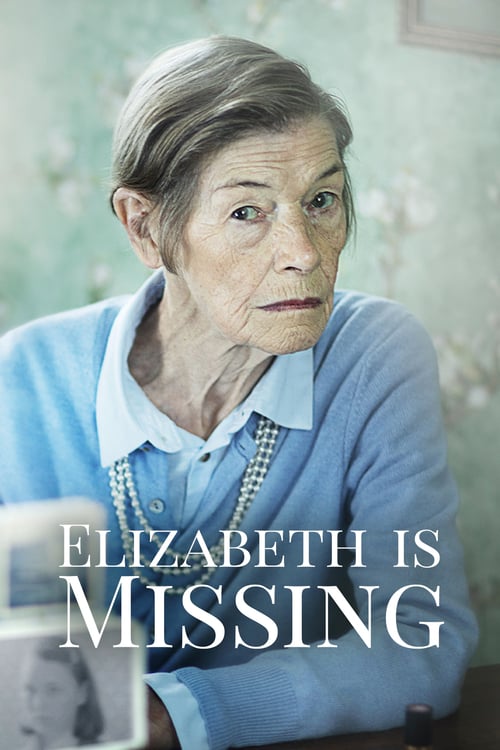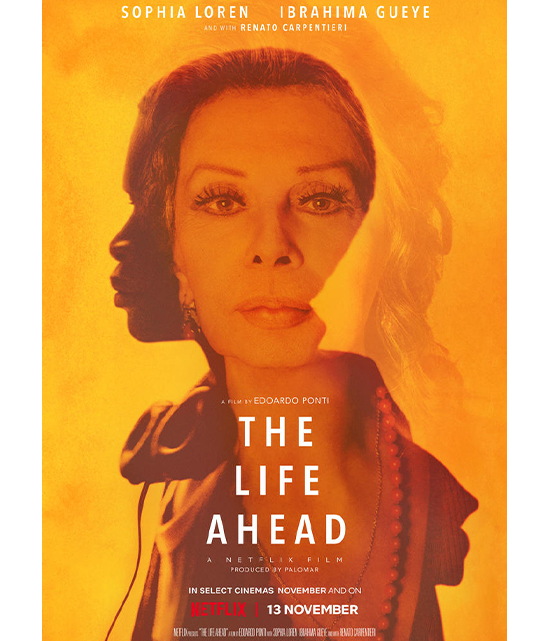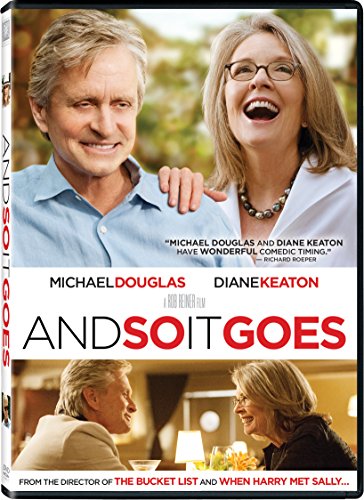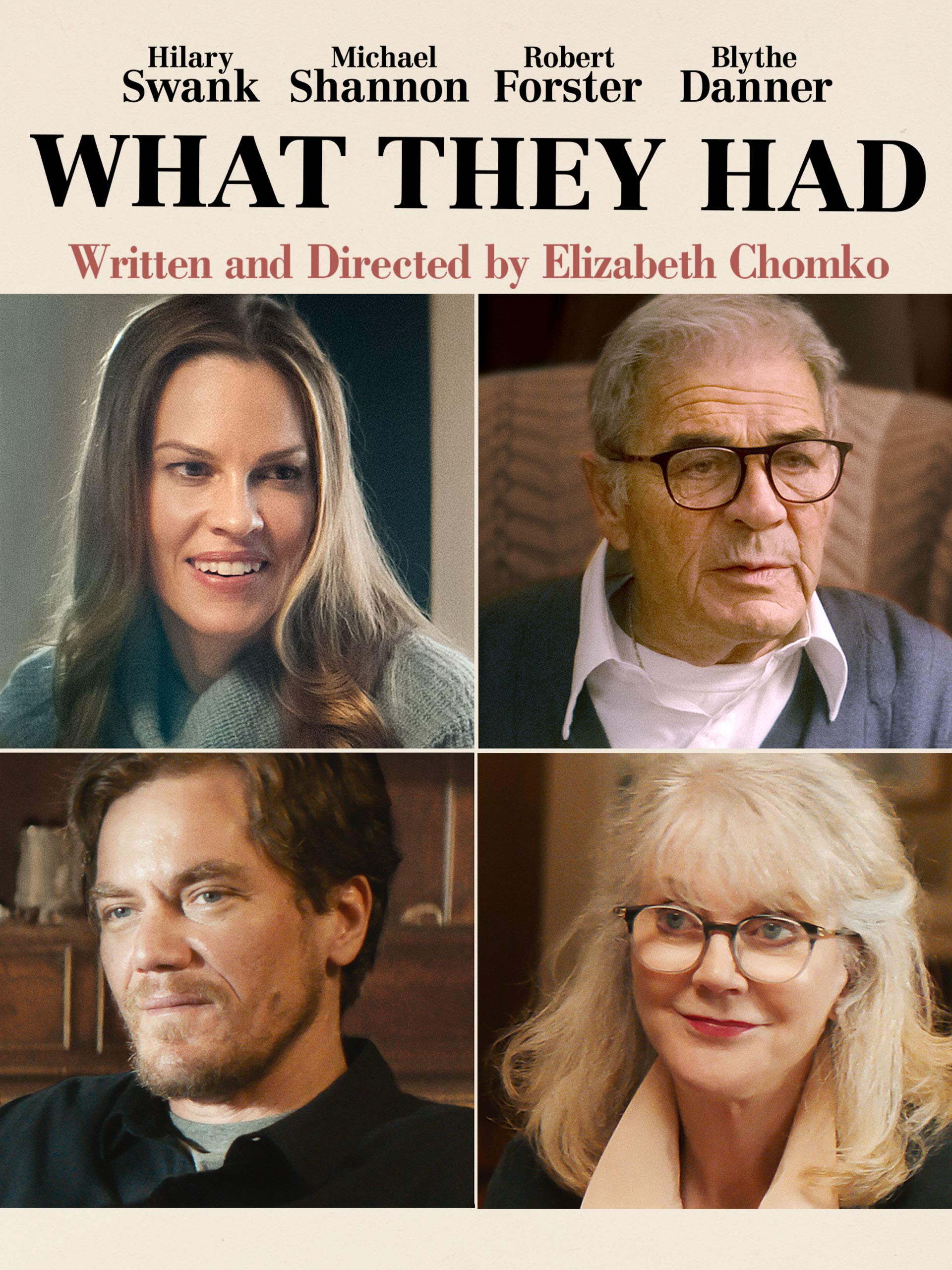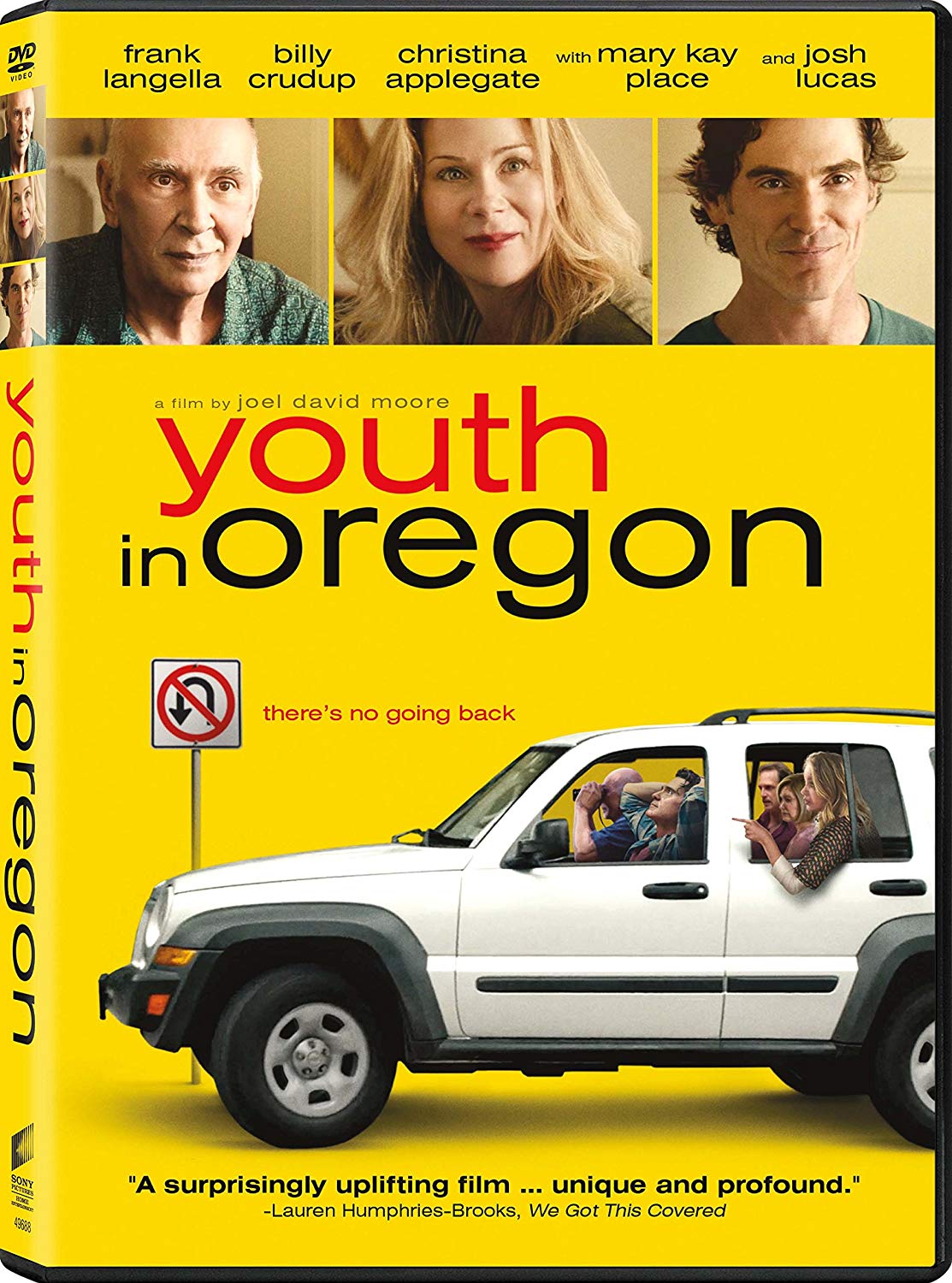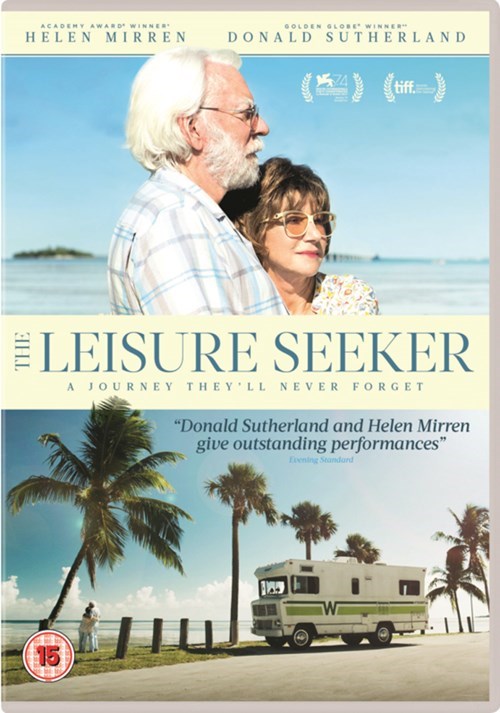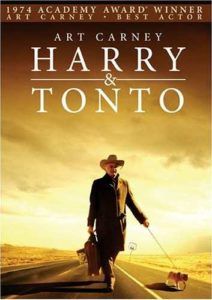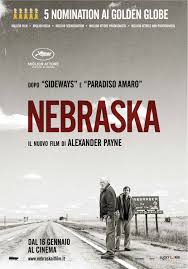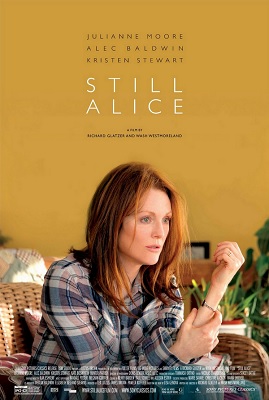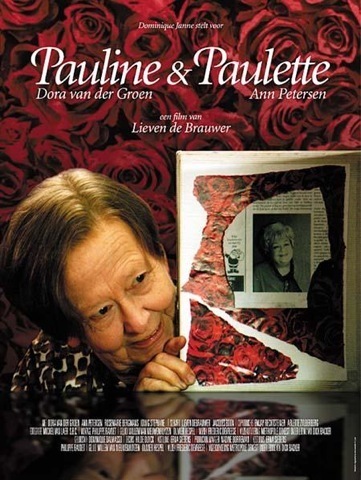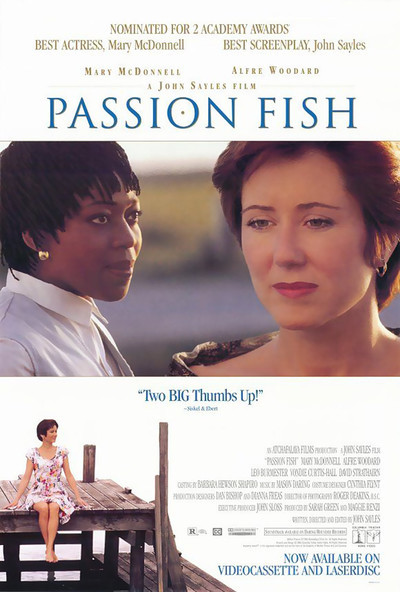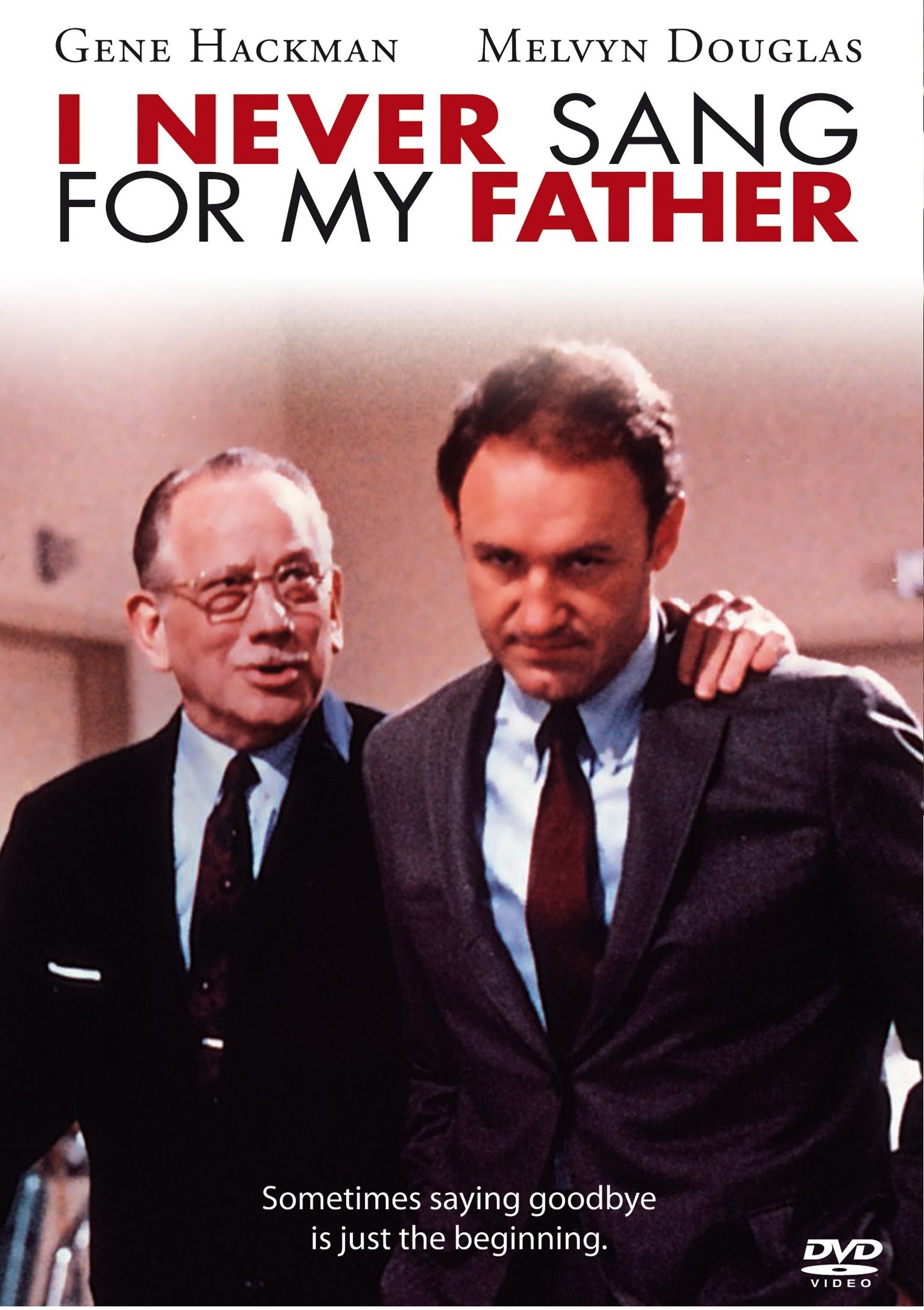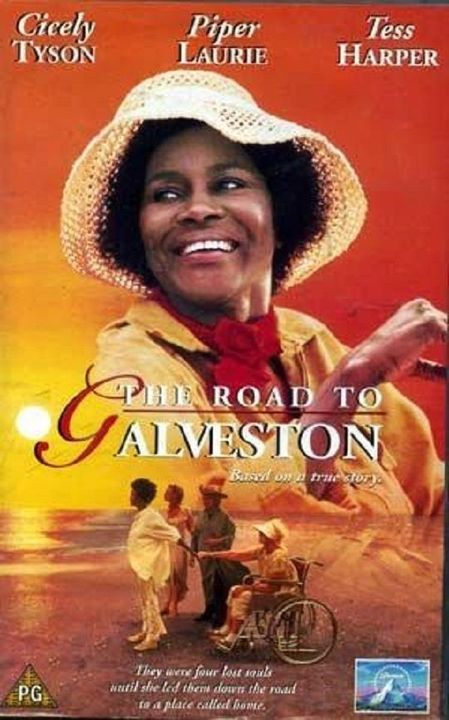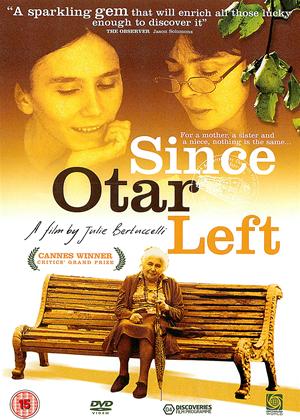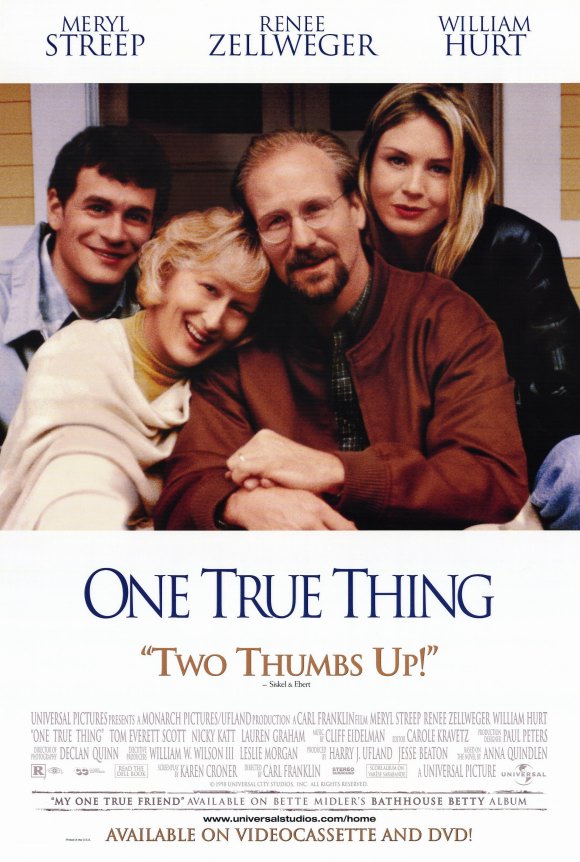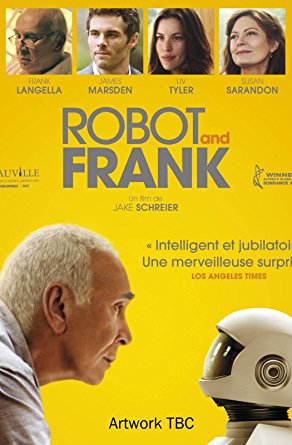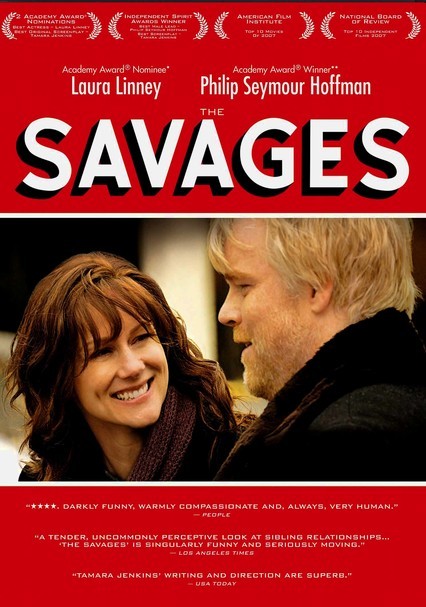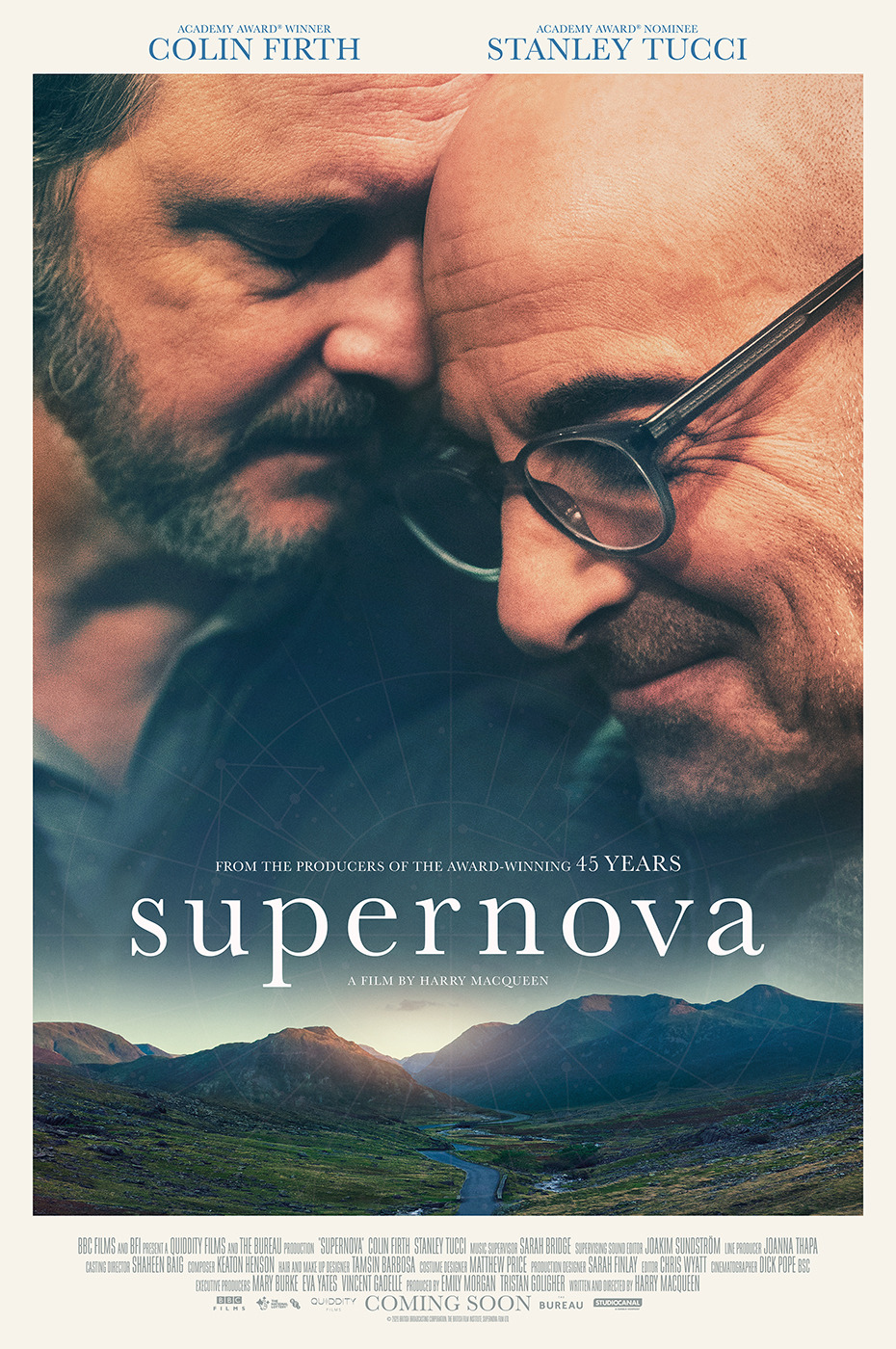
2021, UK, 95 min.
Married couple Sam (Colin Firth) and Tusker (Stanley Tucci) take their camper through the English countryside, a pleasant distraction from the latter’s dementia diagnosis. There’s gentle bickering, visits with friends and bucolic beauty to spare. But the signs of Tusker’s decline—the inability to put on a shirt, the wandering—are impossible to ignore and cannot erase a building conflict. Tusker, a writer, knows his fate and sees no point in prolonging the inevitable; Sam wants to play the role of doting spouse, to see their relationship end at death do us part. Writer-director Harry Macqueen prefers compassion over morality in exploring the spousal caretaker-patient relationship. If a person facing a terminal illness chooses to end their life, should a loved one honor that wish or fight for more time? Sam and Tusker’s exploration of that question is poignant and even-handed, the kind of development people have every day. Viewers will be riveted by this mature love story and reminded how listening and honesty enrich every worthy relationship.

